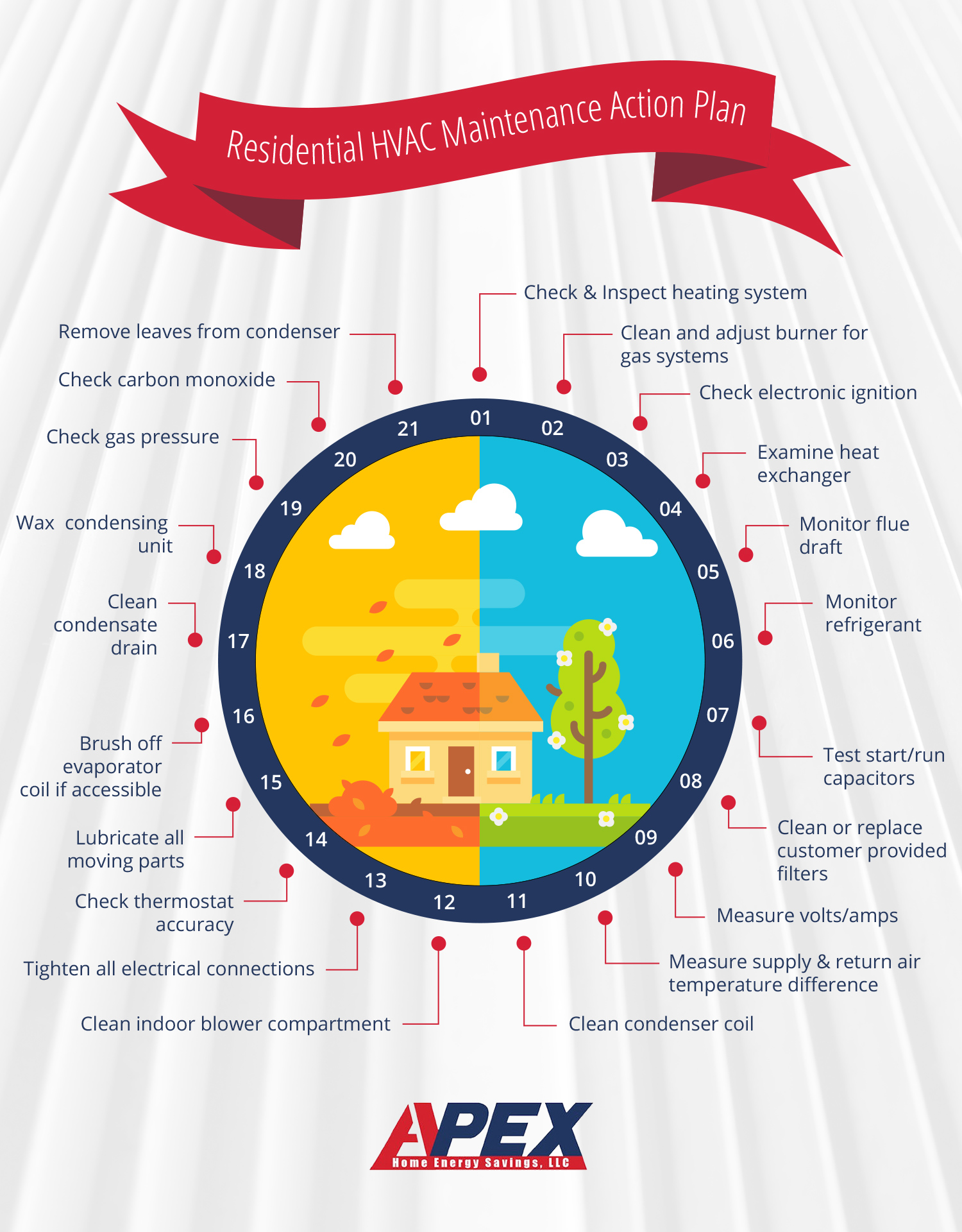The Future Of Home Home Heating - Just How Heatpump Modern Technology Is Developing
The Future Of Home Home Heating - Just How Heatpump Modern Technology Is Developing
Blog Article
Post Author-Fraser Byrne
Heat pumps will be a vital technology for decarbonising heating. In a scenario consistent with governments' introduced energy and climate commitments, their global capability increases by 2030, while their share in heating rises to one-quarter.
They function best in well-insulated homes and rely upon electrical energy, which can be provided from a sustainable power grid. Technological breakthroughs are making them a lot more reliable, smarter and cheaper.
Fuel Cells
Heat pumps use a compressor, cooling agent, coils and fans to move the air and warmth in homes and home appliances. They can be powered by solar energy or electricity from the grid. They have been obtaining appeal due to their low cost, peaceful operation and the capability to generate power during peak power need.
Some business, like IdaTech and BG MicroGen, are dealing with gas cells for home heating. These microgenerators can change a gas boiler and create some of a home's electrical requirements with a link to the electrical energy grid for the rest.
However there are factors to be skeptical of using hydrogen for home heating, Rosenow claims. It would certainly be expensive and inefficient contrasted to various other modern technologies, and it would certainly contribute to carbon discharges.
Smart and Connected Technologies
Smart home innovation enables house owners to link and manage their devices from another location with the use of smart device applications. For mouse click the following post , wise thermostats can learn your home heating choices and instantly get used to optimize power usage. Smart illumination systems can be regulated with voice commands and instantly switch off lights when you leave the area, minimizing power waste. And smart plugs can monitor and handle your electrical use, allowing you to identify and restrict energy-hungry home appliances.
The tech-savvy home shown in Carina's interview is a great image of just how passengers reconfigure area heating practices in the light of new clever home modern technologies. They count on the tools' computerized attributes to execute day-to-day adjustments and regard them as a hassle-free ways of conducting their heating practices. Therefore, they see no reason to adjust their practices even more in order to make it possible for versatility in their home energy demand, and treatments targeting at doing so may face resistance from these families.
Electricity
Given that heating up homes represent 13% people discharges, a button to cleaner alternatives can make a big distinction. However the modern technology faces challenges: It's expensive and requires substantial home remodellings. And it's not always suitable with renewable resource resources, such as solar and wind.
Until just recently, electrical heat pumps were also pricey to compete with gas designs in a lot of markets. Yet brand-new developments in layout and products are making them extra economical. And far better cold climate efficiency is enabling them to function well also in subzero temperature levels.
The next action in decarbonising home heating may be the use of warmth networks, which draw heat from a central source, such as a nearby river or sea inlet, and disperse it to a network of homes or structures. That would minimize carbon exhausts and allow families to benefit from renewable resource, such as environment-friendly electrical power from a grid supplied by renewables. This choice would be much less pricey than changing to hydrogen, a fossil fuel that needs brand-new framework and would only reduce CO2 emissions by 5 percent if paired with improved home insulation.
Renewable resource
As electrical power prices go down, we're beginning to see the very same fad in home heating that has driven electric vehicles into the mainstream-- yet at an even much faster rate. The strong environment case for impressive homes has been pressed additionally by brand-new research study.
Renewables make up a considerable share of modern heat usage, yet have been given restricted plan interest worldwide compared to other end-use sectors-- and also less interest than electrical power has. Partly, this reflects a mix of consumer inertia, divided incentives and, in numerous nations, aids for fossil fuels.
New modern technologies can make the shift less complicated. For example, heat pumps can be made much more energy effective by changing old R-22 refrigerants with brand-new ones that don't have the high GWPs of their precursors. Some experts additionally envision district systems that attract warmth from a close-by river or sea inlet, like a Norwegian arm. The cozy water can after that be used for heating and cooling in an area.